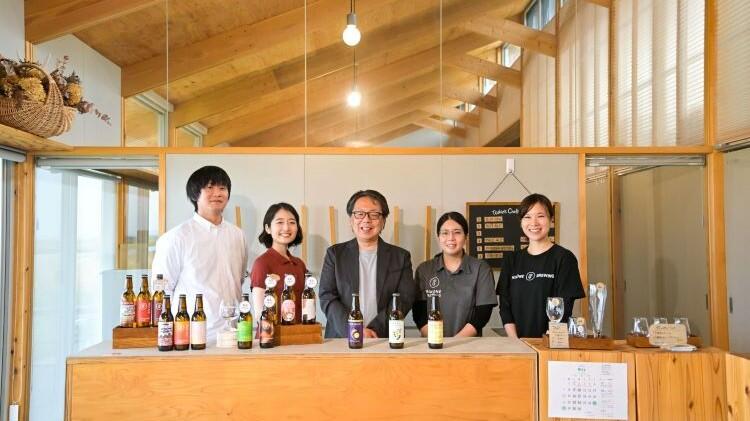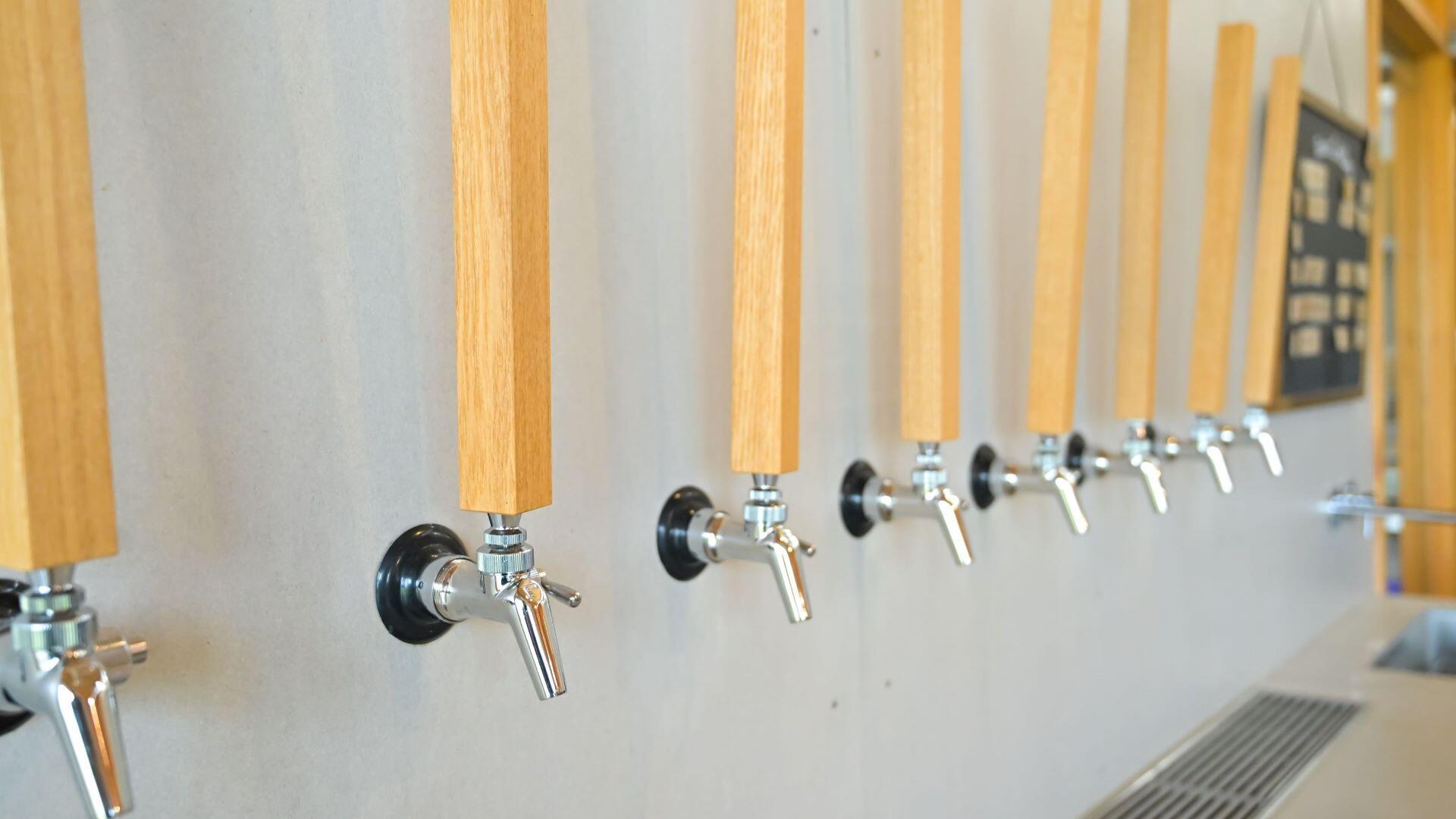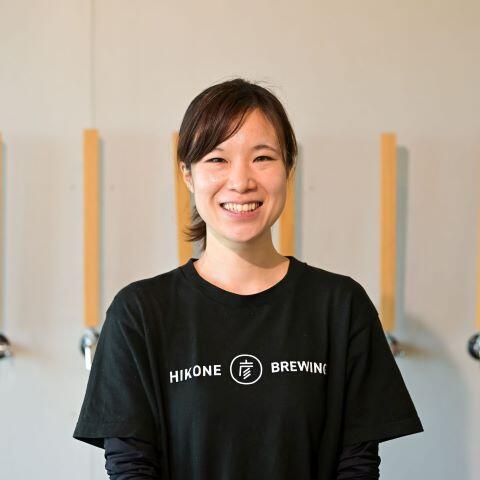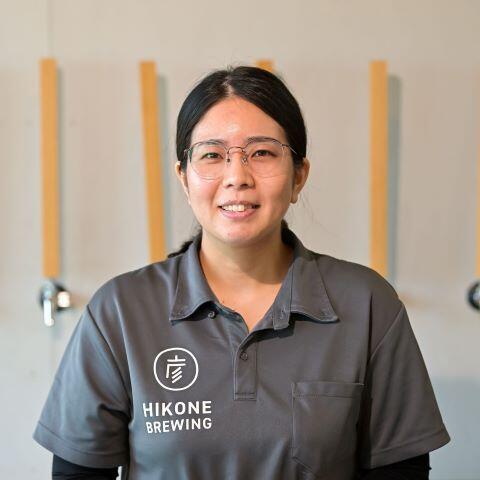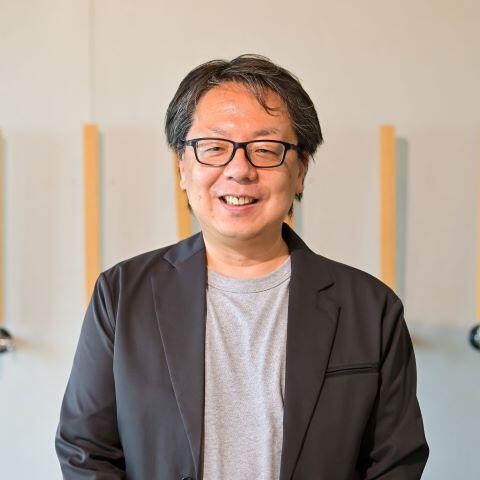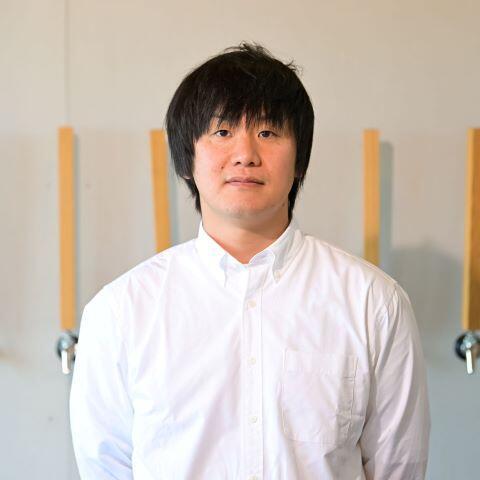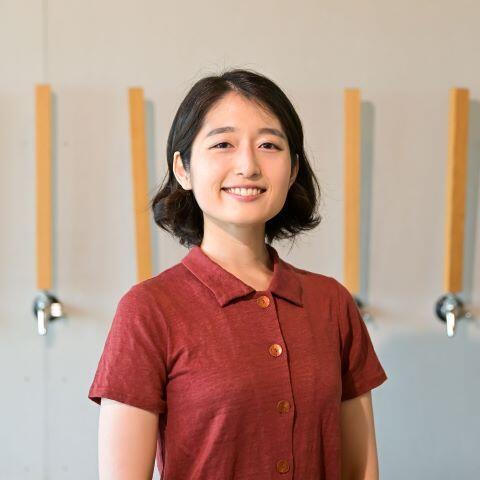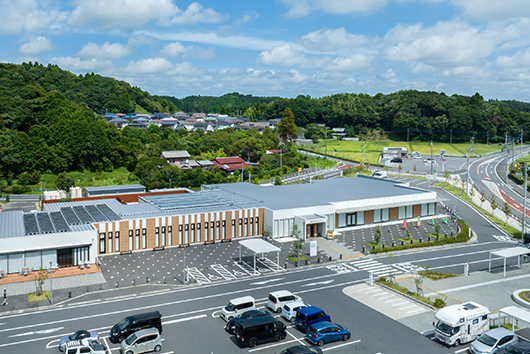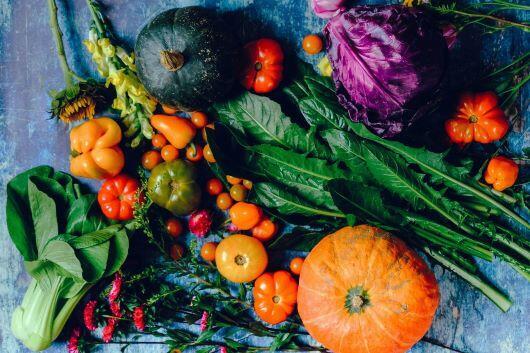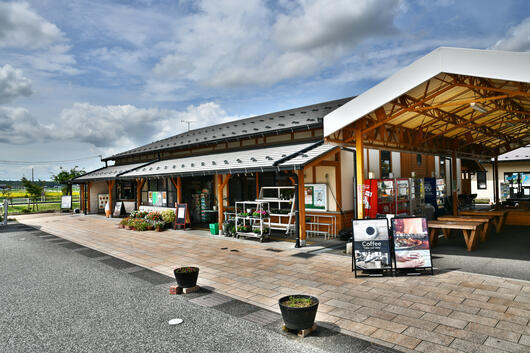"Sixth regional industrialization", an initiative in which farmers, forestry workers, and fishermen (primary industry), food processors (secondary industry), and distributors and retailers (tertiary industry) join forces to enrich the local economies, especially in rural areas.
PCKK is developing this "6th regional industrialization" initiative through the designated management of Roadside Station. How is this initiative, which involves collaboration between Roadside Station, producers, and businesses, progressing?
This time, 5 people had a talk about the roadside station's specialty beer development, production, and sales project in Kora Town, Shiga Prefecture: Nagisa KOJIMA (brewery manager) and Miku TOYOMURA (brewer) both of whom are from Hikone Brewing Co., Ltd. (Hikone Beer), Akito KANAORI (stationmaster at roadside station Seseragi no Sato Koura), Satoshi FUKUYAMA (in charge of food and beverage business planning and development) and Ayumi SHINOBU (in charge of business planning and development utilizing local resources), all of whom from PACIFIC CONSULTANTS CO., LTD.
INDEX
- The Passion for New Product Development and Encounter with Hikone Brewing
- Recipe Development with Concept and Target in Mind
- After Sales Began, the Response Exceeded Expectations!
- Revitalizing the Community through Synergies
The Passion for New Product Development and Encounter with Hikone Brewing
--Last year, Seseragi no Sato Koura, a roadside station launched its own specialty craft beer. What was the division of roles for development, production, and sales?
KANAORI:Seseragi no Sato Koura, a roadside station (hereinafter "Roadside Station Koura") currently sells three types of specialty craft beer: "Koura Black Bean PALE ALE", "Koura Rice WEIZEN" and "Koura Yuzu IPA". Black beans and rice are provided by Agricultural Producers' Co-operative Corporation Farm Kanaya, and yuzu (citron) by Yuzu no Daidoko, a general incorporated association, each of which is agricultural products produced in Kora. The recipe development and label design for each beer are handled by PCKK and Hikone Brewing Co., Ltd. (hereinafter "Hikone Brewing"), production is outsourced to Hikone Brewing, and promotional activities and sales are handled by Roadside Station Koura.
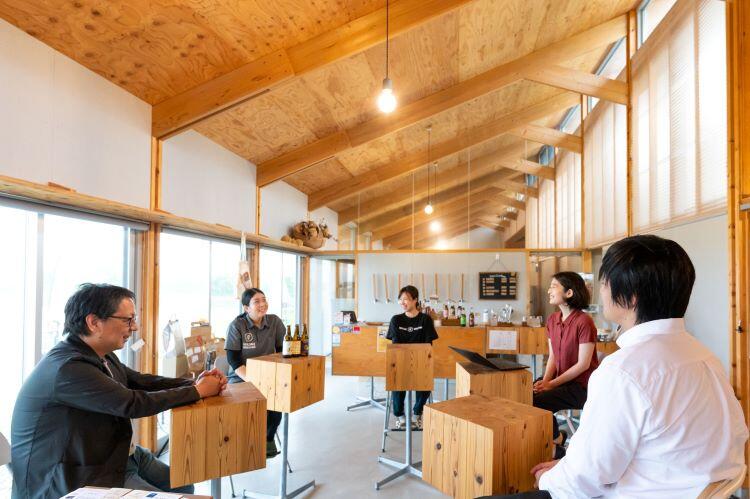
--What prompted you to start this project?
KANAORI: A big issue at Roadside Station Koura's direct sales store was the lack of original products, so we wanted to create a new product that would become a local specialty. We also operate a roadside station in Mutsuzawa-cho, Chiba Prefecture, where we sold an original craft beer made with rice produced in Mutsuzawa, which was very well received. This led to the decision to develop an original craft beer at Roadside Station Koura that also makes use of local agricultural products.
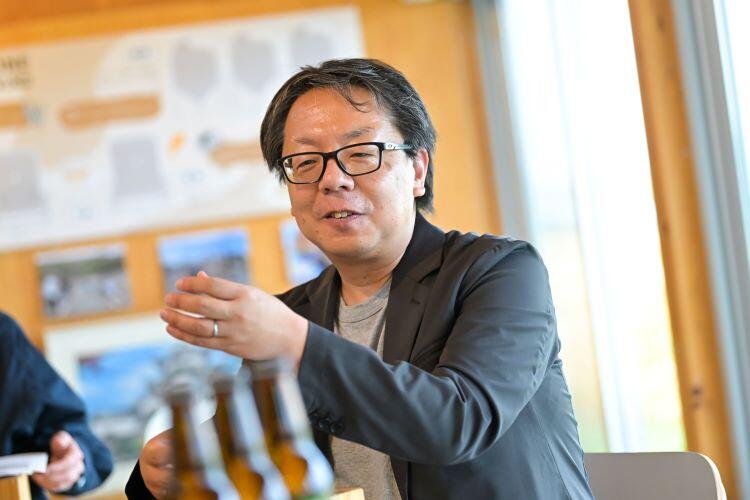
-- Out of all the breweries out there, how did you end up approaching Hikone Brewing?
KANAORI: By chance, I was introduced to Hikone Brewing by the Omi Tourism Board, a tourism development corporation for the Koto region, where Kora Town is located. I was in the middle of visiting various breweries, so it was really good timing. Hikone Brewing is a brewery in Hikone City, which is next to Kora Town, so they put me in touch right away and I said, "I'd love to make beer together."
SHINOBU: Hikone Brewing is a cutting-edge brewery that operates under the concept of "making sustainable craft beer in harmony with the natural environment," so I was also sympathetic to that philosophy.
--I imagine this was a sudden request for Hikone Brewing. How did you feel when you received the request?
TOYOMURA: This was the first time we had received such an offer for joint development and OEM (contract manufacturing), so KOJIMA and I were very excited. (LOL)
To be honest, I was a bit worried about whether it would work out.
KOJIMA: Intuitively, I thought it was a great initiative. Hikone Brewing's Kojinyama Brewery is an environmentally friendly brewery that opened in May 2021, and its goal is to produce "ALL HIKONE BEER" that uses all ingredients from Hikone. Using local agricultural products as secondary ingredients was something that Hikone Brewing was actively keen to do, so we accepted the offer.
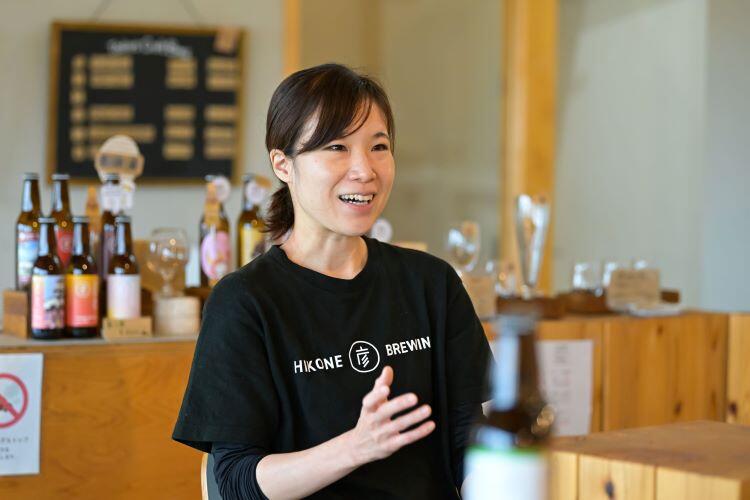
Recipe Development with Concept and Target in Mind
--How did you select the secondary ingredients?
KANAORI: FUKUYAMA, who is in charge of Mutsuzawa Town's original craft beer project and has experience in the food and beverage industry, was in charge of development. From among the local specialties of Kora Town, we selected black beans, rice, and yuzu, which can be harvested relatively steadily, as secondary ingredients that go well with beer.
FUKUYAMA: One of the reasons we chose black beans was to reduce food waste. We also wanted to contribute to the SDGs by using B-grade black beans, which are unsold because they do not meet the standards despite having no problems with taste or quality.
--I heard that these agricultural products were provided by local organizations in Kora Town.
SHINOBU: Yes. "Kora Wellness Tourism Executive Committee" established by businesses in Kora Town, had been talking about developing a specialty product for Kora Town for some time. So when the executive committee proposed it, local organizations immediately agreed to provide it.
--When it comes to craft beer, there are a wide variety of beer styles (types of beer). How did you decide on that?
SHINOBU: First, we set the concept and target by referring to various reports about craft beer, and then decided on the beer style and packaging design based on that.
"Kora Black Bean PALE ALE" is a type of pale ale, but we aimed to make it easy to drink and enjoyable for a wide range of age groups. While it is an easy-to-drink beer, we also wanted it to be popular for its uniqueness in that it uses black beans and has the fragrant flavor of black beans.
"Kora Rice WEIZEN" emphasizes a deep, full-bodied flavor. It is a Weizen style beer, and the packaging has a subdued design to make it more accessible to people of a slightly older age group.
"Kora Yuzu IPA" is a beer style that is popular among young people, called IPA, and by adding yuzu, the concept was to create a fruity, easy-to-drink beer even for those who don't like the bitterness of beer.
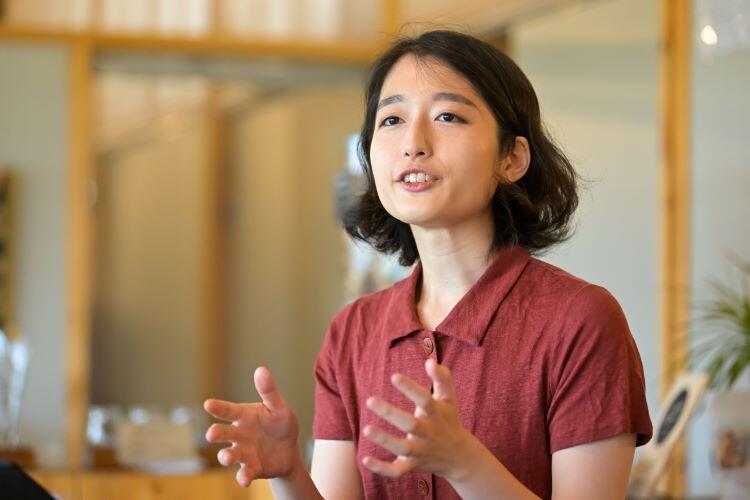
--This was Hikone Brewing's first joint development/OEM project, so how did you feel during development and production?
KOJIMA: When developing the recipe, it was interesting to receive ideas and concepts that were completely different from my own. For the black beans, they suggested a pale ale, which is completely different from the dark beer I had in mind, and for the weizen, they added a bitterness to give it a slightly different flavor than usual.
TOYOMURA: I felt a sense of excitement and responsibility, wondering if we could meet everyone's expectations regarding the aroma and flavor. At the same time, I was very excited as I proceeded with the beer-making process. All of our staff worked together to prepare the secondary ingredients, and we poured a lot of love into this beer. The finished beer is delicious, and I'm proud that it will be one that everyone will enjoy!
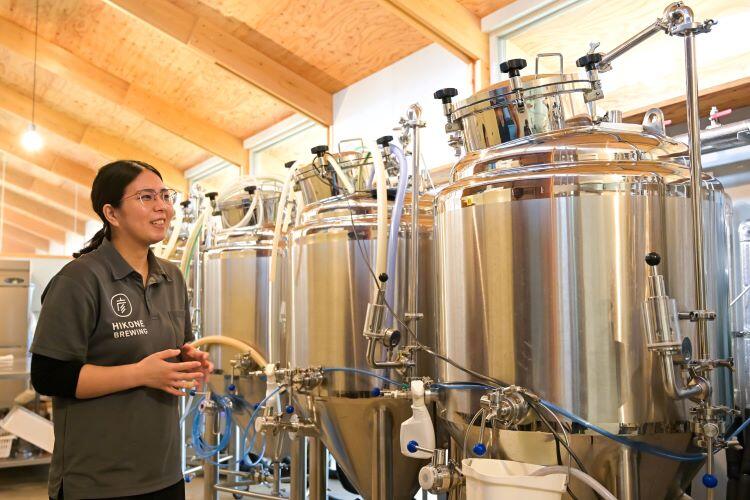
After Sales Began, the Response Exceeded Expectations!
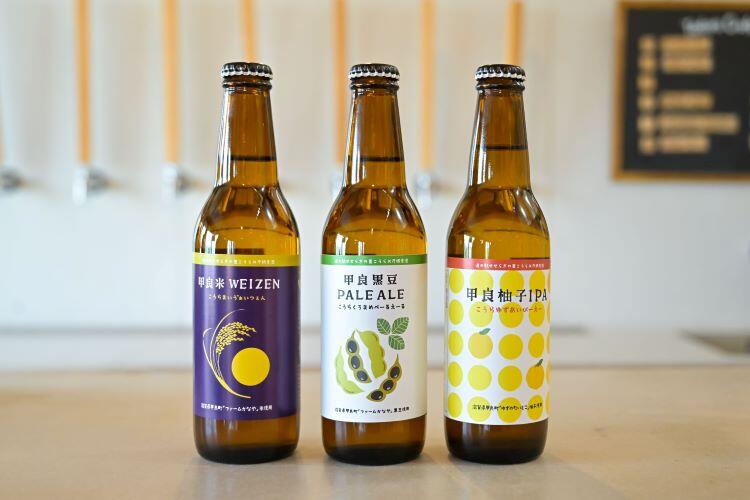
--What kind of response have you received since the product went on sale?
KANAORI: The first product, "Kora Black Bean PALE ALE," sold over 200 bottles in its first month in August 2022, and became a popular product at this roadside station immediately after its release. The two types released afterwards have also sold well. Of course, promotional activities such as posters and social media have been successful, but looking at the results of surveys of purchasers, each beer has received high praise for its taste, and we feel that it is spreading by word of mouth. One of the selling points Roadside Station Koura is its "stone-oven pizza," and people who eat pizza and drink beer often end up buying it as a souvenir.
FUKUYAMA: As with our success in Chiba, we believe that the background to our success is the boom in craft beer and the fact that craft beer lovers and those who visit roadside stations matched well. I think one of the reasons for its popularity is that it is a "beer that can only be bought at Roadside Station Koura" for customers looking for food that can only be enjoyed on the road.
--What do you think about future developments?
KANAORI: We are in talks with Kora Town and are in the final stages of making arrangements to use our beer as a gift in return for hometown tax donations. We are also planning to launch an e-commerce site for the roadside station within this fiscal year, and hope to sell our beer there as well. Once the COVID-19 pandemic is over, I think product fairs will resume in various regions, so we would like to promote our beer as an original product at those events as well.
Revitalizing the Community through Synergies
--Finally, could you tell us about your thoughts from your respective positions in this project?
KOJIMA: After the release of this beer, a customer asked us, "Do you have black bean beer?" That's when we were able to tell them about Roadside Station Koura.
I feel that this is a system that will create synergy between the local community and the businesses involved. There are many craft beer fans all over the country, and I hope that this project will be one of the opportunities for them to learn more about our hometown.
TOYOMURA: Thankfully, we have received some new OEM offers. We are a small brewery, so we are trying to strike a good balance, but we would like to be able to take on projects like this one as one of our characteristics.
SHINOBU: Processed products made from local agricultural products are easy to recommend as souvenirs, and I think it's great that Kora Town has created a new specialty product. In surveys of beer buyers, we received encouraging feedback such as, "It's delicious because it's like the local beers you find in Europe.", "It's worth drinking, and I'm glad I found this beer.", and "It also supports local agriculture, so I'm looking forward to more beers made using local ingredients.", so we would like to continue making products like this in the future.
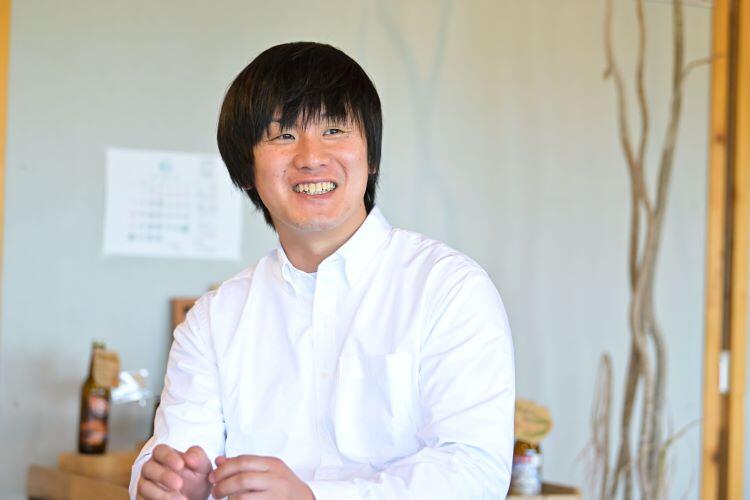
FUKUYAMA: In the future, we would like to further deepen our exchanges and create a system that will benefit both parties, such as planning a bus tour that connects roadside station with Hikone Brewing.
KANAORI: It's not easy to work on sixth-sector industrialization in a region, but this time, the people involved shared their ideas with each other and created a really good product, which I think was well-received and sold well. Kora Town's main industry is agriculture, so we would like to continue working on new sixth-sector industrialization efforts in order to differentiate ourselves from other regions.
--I hope that Kora will continue to develop through this craft beer. Thank you!
